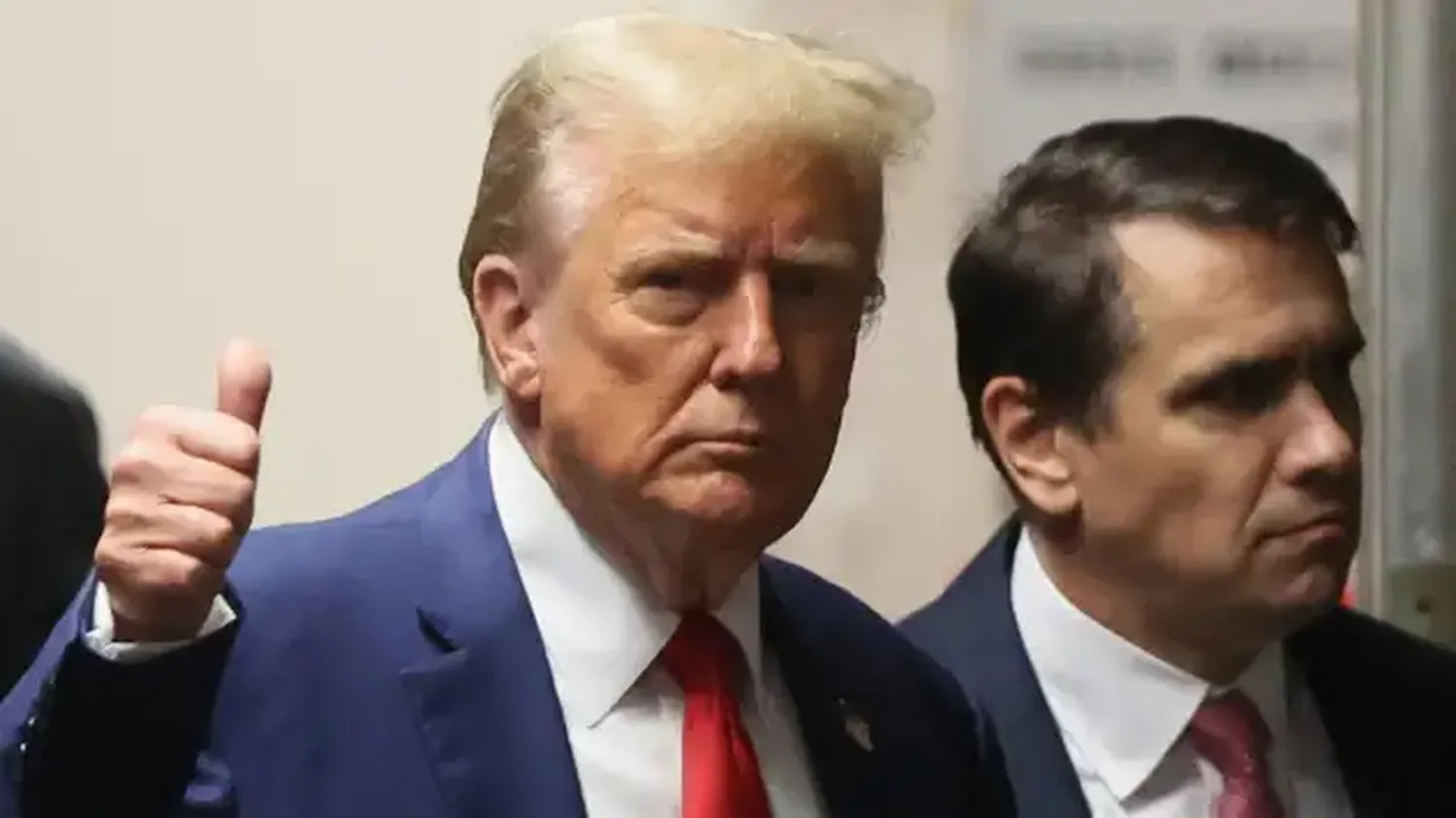Trump Cases
Federal Judge Indefinitely Postpones Trump Classified Documents Trial in Florida
The trial of former President Donald Trump over charges related to the mishandling of classified documents has been indefinitely postponed. The decision, announced by U.S. District Judge Aileen Cannon, has added a new layer of uncertainty to a case that has already captivated the nation's attention.
The trial, initially scheduled to commence on May 20 in Florida, was set to address allegations that Trump unlawfully retained classified national security records after leaving the White House. These documents, which prosecutors claim include sensitive information on military strategies and American nuclear capabilities, were allegedly concealed from federal authorities.
Judge Cannon cited "significant questions over trial evidence" as the primary reason for the postponement. This decision comes amid ongoing deliberations over pre-trial motions and the handling of classified evidence, complicating the legal proceedings and making the original trial date untenable.
The indefinite delay has sparked a wide range of reactions from the public and legal experts alike. Some view the postponement as a necessary step to ensure a fair trial, given the complexities surrounding the case. Others, however, speculate that the delay could be strategically advantageous for Trump, especially as it pushes the trial closer to or beyond the upcoming presidential election.
Trump's legal team has proposed that the trial be held after his potential rematch with President Joe Biden, while prosecutors have advocated for a trial date within this year. Despite these proposals, the slow pace of pre-trial proceedings made the May 20 date increasingly unlikely.
In addition to the charges of retaining top-secret documents, prosecutors have also accused Trump of obstructing efforts to recover the documents. This includes allegations of planning to delete security footage at his Mar-a-Lago estate in Florida. Trump, for his part, has denied any wrongdoing and pleaded not guilty to the 40 felony counts against him.
The case has also seen charges against Trump's personal aide, Walt Nauta, and Mar-a-Lago property manager, Carlos de Oliveira, both of whom have pleaded not guilty. The legal battle over what classified evidence can be presented at trial has led to a series of delays, further complicating the timeline for the proceedings.
Legal commentators have noted that Judge Cannon, who has frequently ruled in Trump's favor, may be deliberately delaying the case. In her filing, Cannon scheduled additional hearings to address pending concerns, including one in late July, but declined to set a new trial date.
This postponement raises significant legal implications, particularly regarding the Classified Information Procedures Act and the disclosure of sensitive information during the trial. The decision not to set a new trial date at this juncture reflects the judge's caution in navigating the complex legal issues at play.
As the case continues to unfold, it remains to be seen how the indefinite postponement will impact the legal proceedings and the broader political landscape. With Trump being the presumptive Republican nominee for president, the outcome of this trial could have far-reaching consequences for his political future and the upcoming election.
The trial's postponement is a developing story, with more updates expected as the court addresses the myriad pre-trial issues. The nation watches closely as one of the most high-profile legal battles in recent history continues to evolve.

